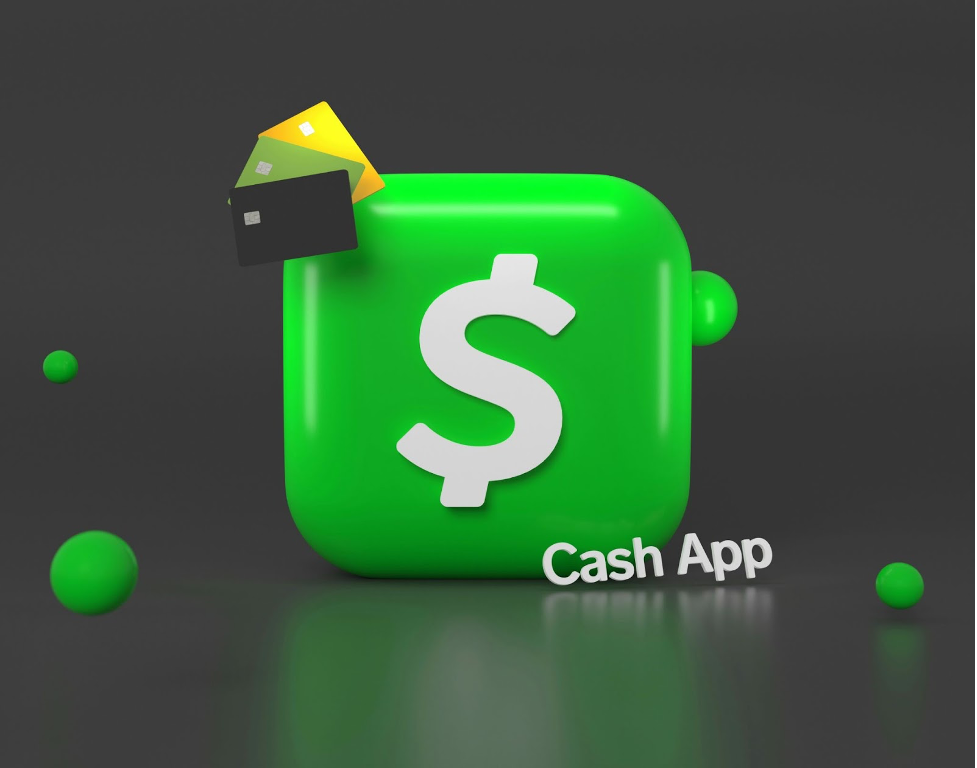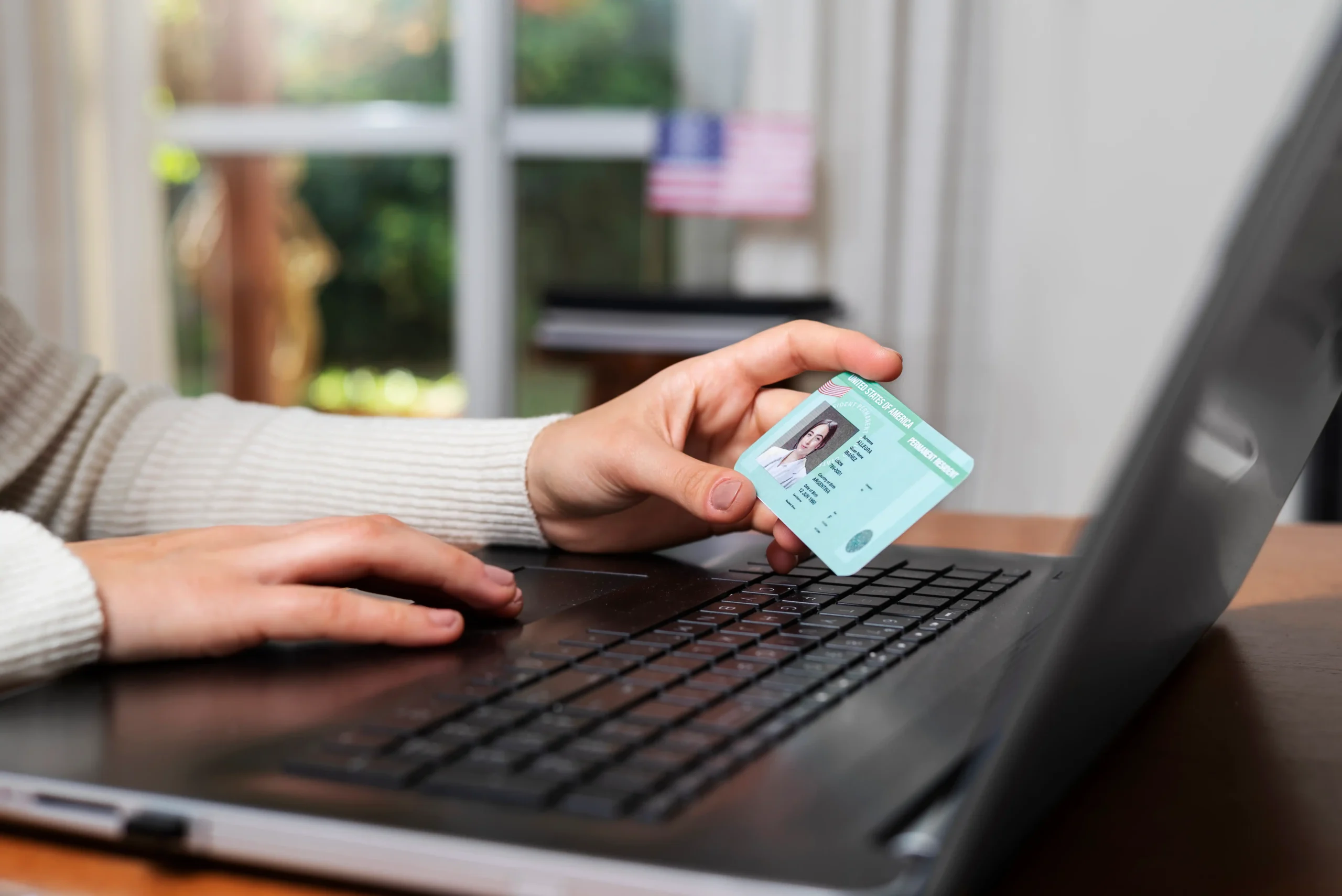Money transfer apps like Cash App have transformed daily financial interactions by allowing users to send and receive money swiftly. These apps allow for quick payments and bill splitting, but like many online transactions today, these apps come with certain risks.
One of those risks is fake cashapp scams, a popular technique that affects users who frequently use the app for daily payments and money transfers. Due to this, it’s important to know how this scam works to avoid falling victim and prevent losing money or personal information.
Need support after a scam? Join our community today.
What are Fake Cashapp Scams?
Fake cashapp scams are fraudulent activities where scammers take advantage of Cash App’s open contact system. It is easy for scammers to trick people, as it allows anyone to send or request money from any other user. Scammers manipulate users into making payments or sharing sensitive details, which are then used for financial gain.
However, to fully understand these scams, we need to know what Cash App is and how it works.
What is Cash App?
Cash App is a payment service that allows users to quickly and easily send money to each other, offering a convenient way to handle financial transactions without the traditional banking process.
Beyond basic money transfers, Cash App offers to invest in stocks directly through the app, making financial markets more accessible to the average person without the need for a traditional brokerage account. Additionally, Cash App supports Bitcoin trading, allowing users to buy, sell, and hold cryptocurrency directly from their mobile devices.
How does Cash App work?
Cash App is a peer-to-peer (P2P) payment service available in the US and the UK. Here’s a breakdown of its key features:
- Account Setup: Users create a free account and choose a unique username, called a “$cashtag,” to facilitate transactions.
- Funding Your Account: Link your checking account or debit card to add funds directly to your Cash App balance.
- Sending and Receiving Money: Use the “$” icon to send or request money by entering a $cashtag, email address, or phone number.
- Cash Card: Users in the US and UK can order a free Visa debit card linked to their Cash App account for ATM withdrawals and purchases.
- Security Features: Cash App includes PIN verification, biometric authentication, sign-in codes, and account alerts to protect user accounts.
How to Identify Fake Cashapp Scams?
To identify a fake cashapp, users need to recognize common scam techniques and be aware of red flags such as suspicious contacts, offers that seem too good to be true, or requests for fake payments. Here are some common methods scammers use:
1. Social Engineering Tactics
Scammers often use social engineering tactics, such as psychological manipulation, using trust, fear, or curiosity, to trick users into believing they are dealing with legitimate contacts or services. Once scammed, they steal your credentials and block all communication.
2. Fake Cash App Contacts
Be cautious if you receive unsolicited messages or requests from unknown contacts claiming to be Cash App employees or offering assistance. Cash App rarely contacts users directly. If you receive a message regarding account issues or requests for sensitive information, treat it with caution. Verify through the official app or customer support before taking any action.
3. Low Prices or Promising Offers
Scammers often use the tactic of impressing users with offers of expensive items at unusually low prices or promising unusually high returns on investments. This strategy tricks people by promising great deals and might even send money first to seem legit.
4. Fake Payment Services
A common scam is asking for a deposit to reserve an item or secure a service. Once you send the money, the scammer disappears, leaving you without the item and out of pocket.
Have questions about dealing with scams? Contact us for support.
Contact us now.
5 Popular Fake Cash App Scams to Avoid
All the previous techniques or methods that scammers use can be applied to various types of Cash App scams. Here are five common fake cashapp scams and how they work to steal money or personal information:
1. Cryptocurrency Schemes
Scammers take advantage of cryptocurrency’s anonymity by promising huge returns on investments. They may use social media accounts to promote these schemes and get users to send money in exchange for Bitcoin or other cryptocurrencies. Once the money is sent, it disappears, and the promised returns never materialize.
You can learn more about cryptocurrency scams by reading the 10 Most Common Cryptocurrency Scams and How to Avoid Them.
2. Fake Cash App Customer Support
These scams consist of text messages (smishing), fake emails (phishing), and voice calls (vishing) designed to trick you into revealing your login details, such as your passcode and one-time password, or clicking on malicious links. Scammers often pretend to be trusted entities, like Cash App support, to persuade you into providing personal information.
Here is an example of fake customer support email:
“Dear Alex,
Thank you for using Cash App for your online payment needs.
We are pleased to inform you that a sum of $75.00 USD has been paid to your Cash App account by user $MarkT (Mark Thompson), but it’s currently pending. To access your funds, please work with us to ensure the satisfaction of both you and the sender.
Thank you for your cooperation.
Best regards,
Cash App Support”
3. Romance Scams
Scammers create fake profiles on dating apps or social media to build romantic relationships with their targets. After gaining their trust, they make up emergencies or urgent reasons why they need money transferred via Cash App, only to take the money and cut off contact.
Learn how to protect your heart and wallet because romance scams are on the rise.
4. Accidental Cash App Transfers
In this scam, an unexpected notification says that money was sent to an account by mistake. The scammer then contacts the person, asking for the money back to their Cash App account. If the person sends the money before realizing the transaction was fake, they end up losing their money.
Here is an example of a fake message due to an “accidental” transfer:
“Hi John,
Oops, I accidentally sent $300 to your account instead of my friend Jonathan’s! It’s a simple mistake to make, I suppose.
I think I need to stop using Cash App if I’m this clumsy, haha.
Could you please send the $300 back to my bank account? Here are my details: XXXXXXXXXXXXXXXXXXXXXXX.
Thanks a lot and sorry for the trouble!
Best, Sarah”
How Can You Protect Yourself from Cash App Scams?
Even though Cash App makes it easy to send and receive money, stocks, or Bitcoin, and claims to be safe, here are some practical tips to help you avoid becoming a target of fake Cash App scams.
- Protect your Passwords: Ensure that your Cash App account and linked email are protected with strong passwords that are difficult to guess. Combine letters, numbers, and symbols, and avoid reusing passwords on different sites.
- Enable Two-Factor Authentication (2FA): Adding an extra level of security, 2FA requires a second form of identification before accessing your account, reducing the risk of unauthorized use.
- Send Payments Only to Known Contacts: Limit your transactions to people you know and trust. Verify the identity of new contacts before sending money, especially if the transaction consists of high amounts.
- Safeguard Personal Information: Never share sensitive information, like your Cash App PIN or sign-in code, with anyone, as Cash App will never request this data via phone, email, or text.
- Regularly Monitor Transaction History: Keep an eye on your Cash App transaction history for any unfamiliar activities. Immediate detection of unauthorized transactions can help prevent further unauthorized access or loss.
Defend Your Cash App Account from Scams
By 2024, with Cash App is projected to have 50 million users, representing 17.6% of the US population, making it more important than ever to protect against fake cashapp scams with the growing risk of fraud.
Prepare yourself with the right resources to respond quickly to suspicious activities. For support with these scams, especially involving cryptocurrency, the Crypto Scam Defense Network provides valuable help to protect your finances.
We Want to Hear From You!
Fraud recovery is hard, but you don’t have to do it alone. Our community is here to help you share, learn, and protect yourself from future frauds.
Why Join Us?
- Community support: Share your experiences with people who understand.
- Useful resources: Learn from our tools and guides to prevent fraud.
- Safe space: A welcoming place to share your story and receive support.
Find the help you need. Join our Facebook group or contact us directly.
Be a part of the change. Your story matters.
FAQs About Fake Cashapp Scams
Can I Get a Refund from Cash App if I Am Scammed?
If you fall victim to a scam on Cash App, you should immediately report the incident to their customer service support. While Cash App will look into fraud allegations, they do not assure a refund for scammed transactions. Therefore, it’s risky to transfer money to people you aren’t familiar with via Cash App.
How Can You Report a Fake Cashapp Scam?
You can report a fake Cash App by following these simple steps:
- Report the Incident: Notify Cash App customer support about the scam and cut off all communication with the scammer.
- Improve Security Measures: Signing up with an identity theft protection service can be useful. Such services can monitor your financial information for signs of fraud and assist in recovery efforts should you experience a scam on Cash App or other platforms.
- Contact Your Bank: Inform your bank about the potential fraud and keep an eye on your accounts for any unauthorized transactions. It’s also wise to review your credit report to catch any additional suspicious activity.
Can Someone Steal Money with Just My Cash App Username?
No, knowing just your Cash App username is not enough to steal your money. Scammers need additional information like your login credentials to access your funds.
Photos via Unsplash







